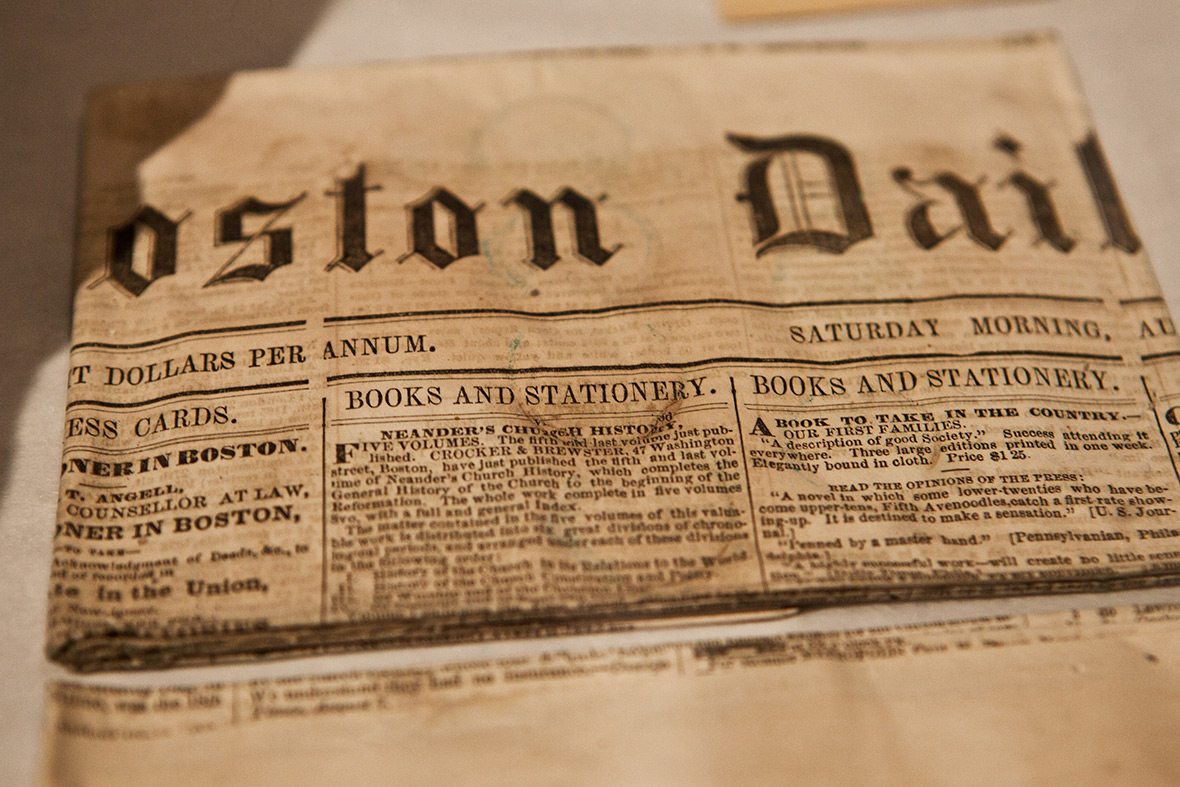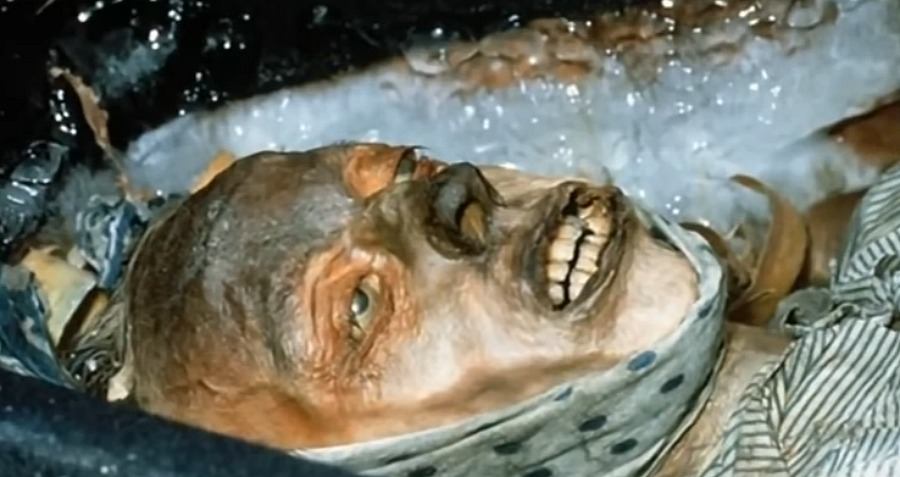

How to Clean Coins
Written by Top Buyer on . Posted in Coins
Old coins can get dirty, grimy and corroded over time. Coins spend decades in pockets, purses, drawers, banks, hands, dirt, and even gutters. All of that action and activity is bound to take its toll and cause years of built-up grime.
It is natural to want to turn back the clock and remove all of that caked-on dirt or corrosion, restoring your precious coins to their original glory. However, you need to know how to clean old coins without causing damage. There are right ways to clean your silver coins, pennies, or any old coin you have.
Should I Clean My Coins?
Only if the coins have more sentimental value to you and you don’t plan on selling them. Generally, it is better to leave your antique metal currency alone than it is to try and erase all the grime and grit off of those coins. Cleaning or polishing rare coins devalues them. So, if you’re planning on selling them, get an appraisal before attempting to clean your coins.
However, if you want to clean those silver or gold coins, and you believe they hold more sentimental value than monetary, there are proper ways to clean those coins. A good scrubbing can make those coins shine more brightly and look more attractive. If you don’t do it right, though, it can cause irreparable damage. If you’re in doubt, leave the coin alone, or consult a rare coin specialist before you start cleaning the rare coin.
How to Clean Dirty Coins
First of all, when washing grimy coins, do not use jewelry cleaner or metal polish. Save those cleaning substances for grandma’s antique silver teapot.
These materials are too harsh for your old dollar coins, buffalo nickels, copper wheat pennies, or your other collectible metal currency. Only use them if you don’t really care about the monetary value of your metal currency, and you’re simply interested in making those pennies, dimes, and quarters shine brightly.
Now that we’ve told you how not to wash your coins, here are some ways you can get them clean and shiny again.
Water
Running your coins under plain old tap water is one of the least damaging ways to clean your coins. If you suspect your house’s water is hard or corrosive, consider using distilled water rather than the water from your faucet.
Soap
Cleaning your old coins with gentle dish soap and water can loosen some of that built-up dirt. Fill a small plastic container with warm water, add a few drops of mild soap, immerse the coins, and rub with your fingers or a soft toothbrush to clean.
Vinegar
A common ingredient in DIY eco-friendly cleaners, the acetic acid in white vinegar can help wear away the contamination on your coins. Soak your coins in a glass or other non-corrosive container for at least 30 minutes, up to overnight, and then wipe with a clean cloth or scrub gently with an old toothbrush.
Hydrogen Peroxide
Hydrogen peroxide can prove effective in removing various materials, including organic material. To clean using this method, place your coins in a small plastic container, fill with enough hydrogen peroxide to cover, and soak for 24 hours. After you’ve let your coins soak in the hydrogen peroxide bath, rinse the coins off with water and let them air dry.
Mouthwash
In addition to cleaning your breath, Listerine and other antiseptic mouthwashes can be used to safely clean dirt, oil, and debris from old coins. Put the coins in a small plastic container, pour in the mouthwash, and soak for 12 hours.
How to Clean Corroded Coins
Removing corrosion from foreign coins, Morgan dollars, wheat pennies, and other valuables is a delicate, risky proposition. Again, we do not recommend cleaning rare coins if you are looking to sell them since cleaning such precious items devalues them.
If the wrong procedure is followed, or if harsh cleaning materials are used, you can remove or ruin the patina that fellow collectors actually enjoy.
If you want to go ahead and clean corrosion off of your old coins, baking soda likely is the safest route to follow. Wet the affected coin with clean tap or distilled water, roll in baking soda, then gently scrub with a soft toothbrush. Rinse the baking soda and debris off with more clean water, and repeat the steps if necessary.
Not Sure About Cleaning Your Coins?
As we said before, removing the accumulated dirt and debris from antique coins can definitely be a risky prospect. Doing it right calls requires a gentle touch, and it is important to use the right materials and techniques to avoid causing damage to your precious currency. As we have said, though, we do not recommend cleaning your coins; collectors actually prefer corroded old coins to cleaned ones.
Contact Us for More Coin Tips
Or, if you’ve scrubbed your old coins with a method we haven’t mentioned on this page, we’d love to hear from you. We might be seasoned coin and currency experts, but we’re always interested in picking up new information. Reach out to us and let us know what you’ve learned! And if you have any questions about selling coins, feel free to call us at 702-819-8786.
-